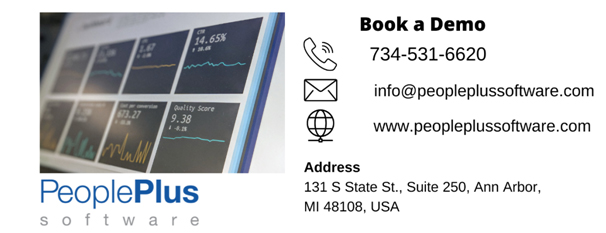Supply Chain Management for Healthcare Sector
The healthcare industry plays an important part in a country’s GDP. It determines the export status, provides employment and opportunities for investment. The healthcare industry also supports the Insurance industry.
But, since the start of the year 2020, every country in the world is fighting a pandemic, and an at the forefront is the healthcare sector. The pandemic changed the perspective of the healthcare industry. Hospitals all over the world, for a brief period, were struggling with maintaining stocks for PPE kits, ventilators, medication and many more essentials.
The pandemic exposed many vulnerabilities of the healthcare industry, and one of them was supply chain management for the healthcare industry.
Healthcare Supply Chain is unique
Healthcare industry has many stakeholders. It's not only about making sure if enough gloves or masks are available.
The industry is under a close watch of regulatory bodies like the Federal Drug Administration (FDA) or Indian Council of Medical Research (ICMR). These bodies have implemented strict controls regarding quality as well howa certain drugs or equipment needs to be handled e.g. wearing protective suits during a CT scan. One size fit all does not apply to the Healthcare sector e.g. to treat most patients a normal glove would be sufficient, but for some patients, due to their medical condition, a latex-free or medicated glove would be appropriate to be used.

There are different stages in the Supply chain. The supply chain starts with the manufacturers of medicines and medical equipment’s.Every hospital can source directly from the manufacturer or the supplier. The sourced products are then received by the healthcare organisation and stocked. For hospitals insufficient stocking can invite unwanted legal action, therefore it’s an extremely crucial operation. There needs to be a constant check on the inventory and reorder levels. In the case of Hospital chains, which have a centralised warehousing capability, transferring of medicine and equipment to the various branches in time and required quantity has to be constantly monitored. Add to this, some equipment needs to be stored in special conditions e.g. refrigerated, contamination-free packaging etc. and incidentally even the packages have to be sourced periodically.
And all this has to function seamlessly, without hitch. As there are lives at stake.
Information Technology in SCM for Healthcare
In a recent survey of healthcare leaders it was found:
- 98% believe Supply chain analytics can help in reducing costs
- 76% of healthcare organisations are performing basic SCM operations like tracking inventory.
- 10% reported, with an efficient SCM platform, surgical delays could have been avoided.
Healthcare organisations need to start implementing robust and intelligent SCM platforms to bring about efficiencies in their operations.
Decision-makers have a choice of two types of platforms:
| Generic ERP | Niche SCM platforms |
Generic Enterprise Resource Planning systems. These are not necessarily the best choice for hospitals. The reasons being:
|
Niche Healthcare solutions: Solutions built specifically for the healthcare industry. Solutions which are easier to operate, understands the challenges faced by hospitals and focuses on specific areas like surgery equipment, medicine storage and usage etc. |
How to choose a solution?
Some fundamental features to be considered while deciding on an SCM solution are:
| Integration | Ease of use | Robust Reporting | Customer-centric |
|---|---|---|---|
| Ability to integrate and transfer Clinical and financial information easily | End users are Healthcare professionals | Has the ability to generate granular reports. | Availability of superior customer service before, during and after implementation |
iM3 SCM suite is the best of the class solution satisfying the above conditions. A cloud-based solution which includes app integration, scanner-based applications, work priority tracking, inventory control, real time dashboardsand many more features.
It is built by People Plus Software Inc. a company developing fully integrated cloud-based tools with a focus on supply chain, e-commerce, inventory and warehouse management.



